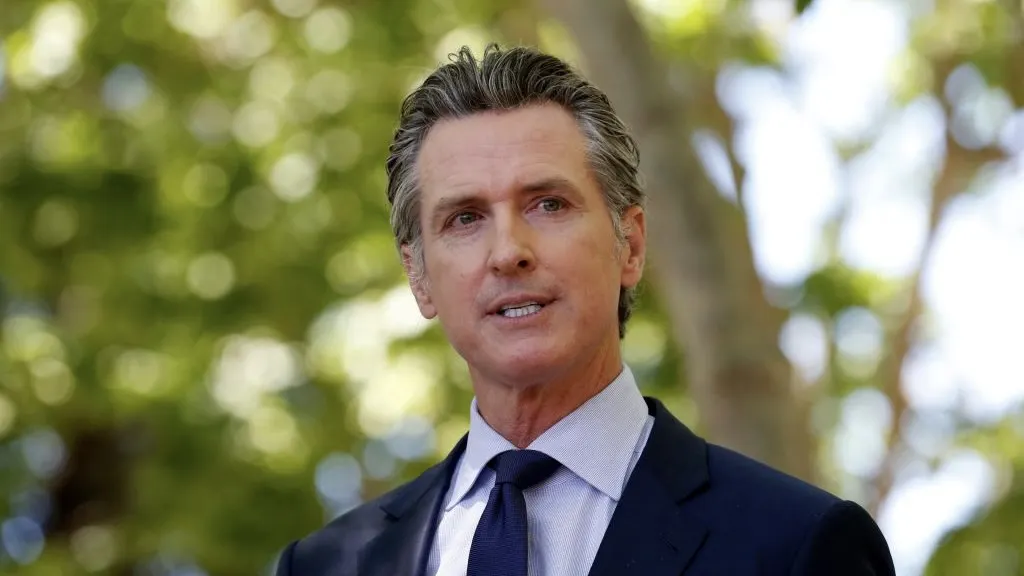On Tuesday, a specific task force in California held its first meeting, kicking off a process dedicated to examine and develop reparation proposals for slavery and study its lingering negative effects on African-Americans today.
The task force is composed of nine people who were appointed by Democratic Governor of California Gavin Newsom and leaders in the legislature. Last September, Newsom signed a bill creating the task force in order to make proposals for potential reparations for American Americans.
“As our country reckons with our painful legacy of racial injustice, California again is poised to lead the way towards a more equitable and inclusive future for all,” Governor Newsom said.
As The Los Angeles Times reported last year, “state lawmakers approved Assembly Bill 3121 to force the state to begin to confront its racist history and systemic disparities that persist today.”
AB 3121 was introduced by Secretary of State Shirley Weber, who was a legislator last year. The bill states that it “established the Task Force to Study and Develop Reparation Proposals for African Americans, with a Special Consideration for African Americans Who are Descendants of Persons Enslaved in the United States (Task Force).”
“You’re here today not just to sit and answer to say was there harm, but your task is to determine the depth of the harm and the ways in which we are to repair that harm,” Weber told the task force on Tuesday. “There has been enough research for the fact that slavery still has an impact today.”
The group is supposed to provide a written report to the legislature of its discoveries and recommendations no later than one year after the first meeting. The bill also stated that any reparations made at the state level are not a replacement for reparations that might come from the federal government. The task force will also recommend “appropriate remedies,” including what “form of compensation should be awarded, through what instrumentalities, and who should be eligible for such compensation.”
Once recommendations are made, the state legislature will need to pass another bill in order to approve reparations, per the Times.
The task force’s first meeting came as President Joe Biden headed to Tulsa on Tuesday for the centennial of the Tulsa Race Massacre. Some survivors and activists are pushing for reparations for the massacre, but the White House declined to give a definitive answer on its stance regarding the topic.
As reported by The Daily Wire, at a White House press briefing on Tuesday, White House Deputy Press Secretary Karine Jean-Pierre was asked if Biden supports reparations for families of massacre victims.
Jean-Pierre responded, “So, the President believes that what these survivors have endured is tragic and devastating. First and foremost, he is honored to have the opportunity to listen to them and learn from their experiences. He also plans to convey his heartfelt gratitude for their bravery in sharing the stories of the trauma and violence that was wrought on them and their families. And that is — that is going to be his focus today, and that’s what he wants to do.”
When pressed on the content of Biden’s discussions while in Tulsa, she answered, “President Biden believes we have to take core steps right now to fight systemic racism, things like fighting redlining, supporting funding for under schools — underfunded schools that are too often located in predominantly Black and brown neighborhoods, and more.”
She continued, “He also supports a study, as we’ve said before, into reparations, but believes that, first and foremost, the task in front of us is not to root out — is to root out systemic racism where it exists right now. And that’s why it’s…central to all of his agenda.”

.png)
.png)

